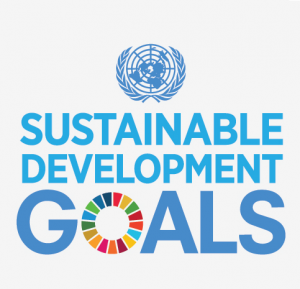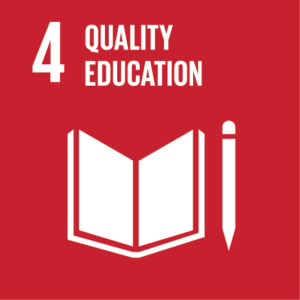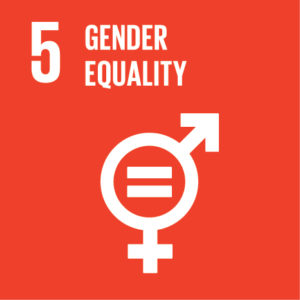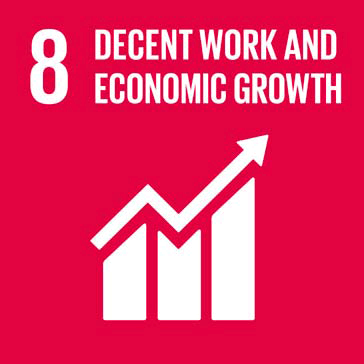Measuring Our Impact
As we develop locally-led projects, we are committed to undertaking monitoring and evaluation of the work which is proportionate to the skills / capacity of our partners in the field. We want to find authentic ways to both measure outcomes (both hard and soft) and the broader long-term impact of the work we undertake with country partners.
Focusing on impact measurement helps us to test our assumptions, provide evidence of value for money, learn from what is going well and make improvements based on evidence.
However, we are also conscious that any effects arising from an intervention can have negative unforeseen impact. That is why all our work is informed by local people who are best placed to know both the opportunities, and the hazards of developing change programmes.
There are many examples of our impact, and here we set out some of our proudest achievements.
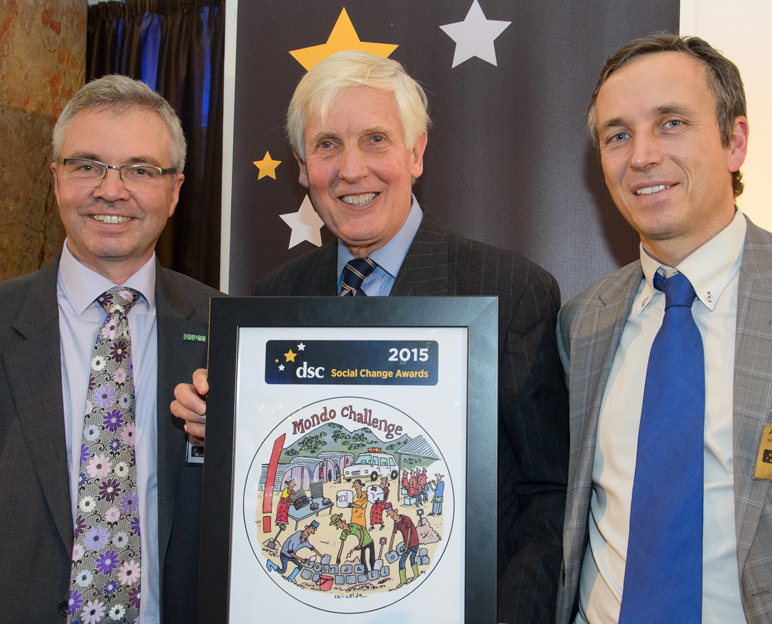
Building Schools and Investing in Quality Education
Some of the impact of our work can be seen and measured in terms of bricks and mortar and we are proud that Mondo has funded the construction of whole schools or major improvements in over 40 schools over the last decade.
We have seen how building a school with the active engagement of local people can help transform a whole community. Much of the impact of our work therefore needs to be measured in the longer term as new generations of children are able to benefit from quality education programmes.
One of the ways to measure impact is in terms of exam results which have been improving as we have been running Teacher Training sessions in both the Himalayan region of India and Nepal and helping train teachers in self-evaluation and improvement plans. We have also provided bursaries for students to go on to tertiary education with a number of them returning to their schools to work after qualifying as teachers.
We have launched our Saathi programme in Nepal to improve the quality of primary education in remote rural schools. The impact of our new teachers will be measured in comparison with control schools in the region. We will look at the children’s achievement in exams but also their acquisition of ‘soft’ skills – creativity, collaboration, communication and critical thinking.

£
spent on projects since founding
autonomous country partner organisations run and governed by local people
schools built or significantly improved in remote areas
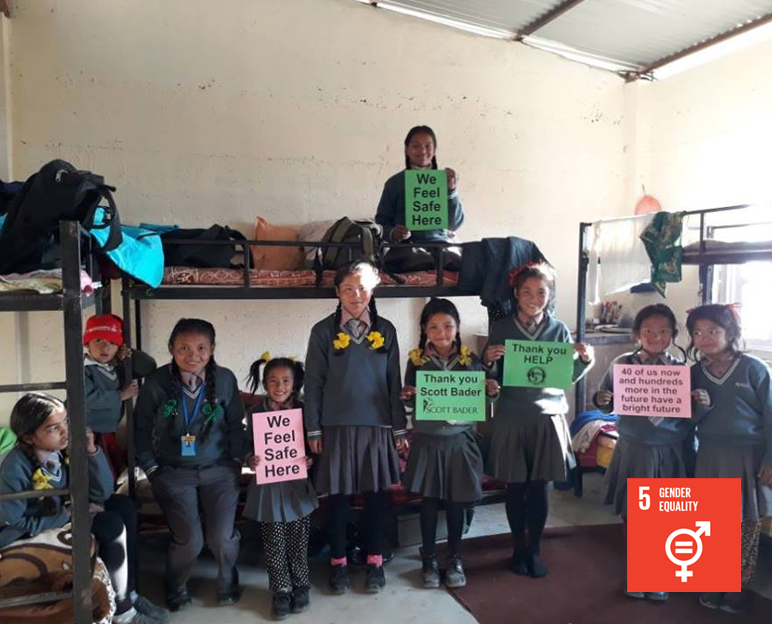
Promoting Gender Equality
The 3 girls’ hostels we have built in our schools help to keep girls safe from trafficking and forced labour. This is having a profound impact on the individual girls (around 90 girls a year), but also in terms of changing attitudes and supporting parents.
We know that education gives girls a better economic prospect and improved chances of sending their own children to school. If girls’ education continues to secondary level, they will be better-equipped to make informed choices about their lives and our student bursaries are providing just that.
STUDENTS BENEFITTED ACROSS OUR REGIONS
pence in every pound goes directly to local communities
schools built or significantly improved
Supporting Livelihoods
Our focus on gender equality also has enormous impact in the lives and families of women we support in starting their own businesses. Evidence shows that investing in women has a particularly high impact, as women typically invest a higher proportion of their earnings in their families and communities than men.
The support we have given to over 1,000 women in Tanzania providing them with grants, loans and training to help them develop their own businesses helps them more fully develop their assets, their land and economic participation. In turn this helps families overcome poverty and improves their children’s nutrition, health and school attendance. We would love to replicate this model in other areas of the world.
In previous years we have carried out an impact assessment of our Tanzania women livelihoods project. In a year in which we funded 81 grants and 132 loans:
-
87% of interviewees felt that, since setting up their business, they could afford better food
-
87% of recipients stated that their health and medical situation was better or much better
-
63% of recipients stated that school issues (buying of textbooks and uniforms, school fees and transport costs) were much better since they have been running their business
-
Finally, 96% of recipients said that both their peace of mind and hope for the future had increased, becoming better or much better since receiving the grant. This is an important measurement as it has a positive impact on their life in general.




